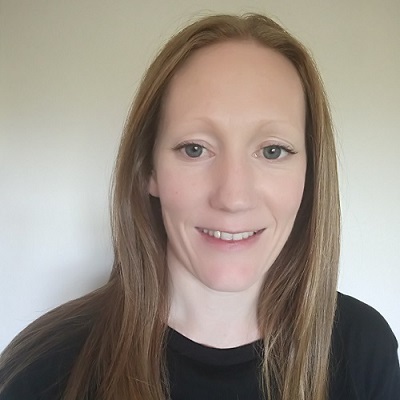The 2030 Agenda for Sustainable Development includes a commitment to 'leave no one behind'. To live up to this promise we need timely, comprehensive, disaggregated data, to better understand the situation of the poorest and most marginalised people worldwide. With robust disaggregated data, we can make better decisions that will positively affect the lives of people with disabilities.
As is widely known, data disaggregation remains a challenge for many national statistical systems and very little data is routinely disaggregated across several of the dimensions mentioned in the 2030 Agenda. In the 2017 Voluntary National Reviews (where countries report on their progress against the Sustainable Development Goals), 19 of 44 countries that produced reports did not mention data disaggregation at all. The other 25 mentioned it primarily to highlight the need to do more in this area [Analysis by Development Initiatives] . Without a renewed focus on data disaggregation, we will not be able to fulfil the promise of the SDGs to 'leave no one behind' and effectively measuring progress towards the Agenda will be difficult.
Enter the Inclusive Data Charter…
Following the first UN World Data Forum held in Cape Town in January 2017, the Global Partnership for Sustainable Development Data set up a task team (including Sightsavers) to focus on how to accelerate progress in improving data disaggregation. The Inclusive Data Charter (IDC) is what they came up with to meet this challenge.
The charter consists of a vision statement and five principles, and requires signees to develop an action plan outlining commitments around data disaggregation. It has been designed to enable a wide range of organisations -- from governments of high, middle and low income countries to multilateral and civil society organisations and the private sector -- to sign up, creating a broad movement in support of inclusive data.
Sightsavers and the IDC
At Sightsavers, all our work on data disaggregation is in line with the Charter's vision and principles. We've developed an Inclusive Data Charter Action Plan that builds on existing work, solidifies our commitment to the collection and use of inclusive, disaggregated data, and commits us to continuing to share evidence and work with others to improve the international development system on inclusive data.
In recent years, Sightsavers has tested approaches on disaggregating data by disability. We started with a pilot programme in India, using the Washington Group Short Set (WGSS) of questions on disability in an urban eye health project, then went on to test the WGSS in data collection at eye health camps in Tanzania and Malawi. We have also collected disability data through the mass drug administration process within a neglected tropical disease programme in Ghana, and tested other approaches and other tools to disaggregate data.
All of this work has enabled us to measure the proportion of people with disabilities accessing our services, but also to describe this group in terms of age, gender, and economic status. We're now better able to identify where there are gaps in service provision and where programme adjustments need to be made. It has also enabled us to gain a better understanding of the differences between people with disabilities and people without disabilities, in terms of the equity of access to services.
Sightsavers has been using this experience and evidence to influence governments to collect better data to inform decision-making and allocation of resources that deliver better policy and development outcomes for people at risk of being left behind.
What difference will the IDC make?
We believe the Inclusive Data Charter will help bring about the change needed to deliver more and better data. This will mean knowing at the local, national and global level how many people have a disability; where they are; who they are; and to what extent they are benefiting from development efforts. This is vital to the achievement of Agenda 2030 and its promise to 'leave no one behind'. This change will become more visible as countries and organisations sign on to the charter and publish details of their own action that identifies the steps they will take to improve the quality and quantity of their data that includes people with disabilities.
Find out more about the Inclusive Data Charter, and how you can sign up to it
Sightsavers is leading a session on the challenges and promises of disability data disaggregation at the World Data Forum, with DFID, IDA, HI, Statistics South Africa and the Washington Group. You can also visit an exhibition booth about the charter at the Forum.
Find out more about Sightsavers' work on disaggregated data
Jennie Bell is the project manager for Disability Data disaggregation at Sightsavers.
